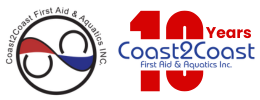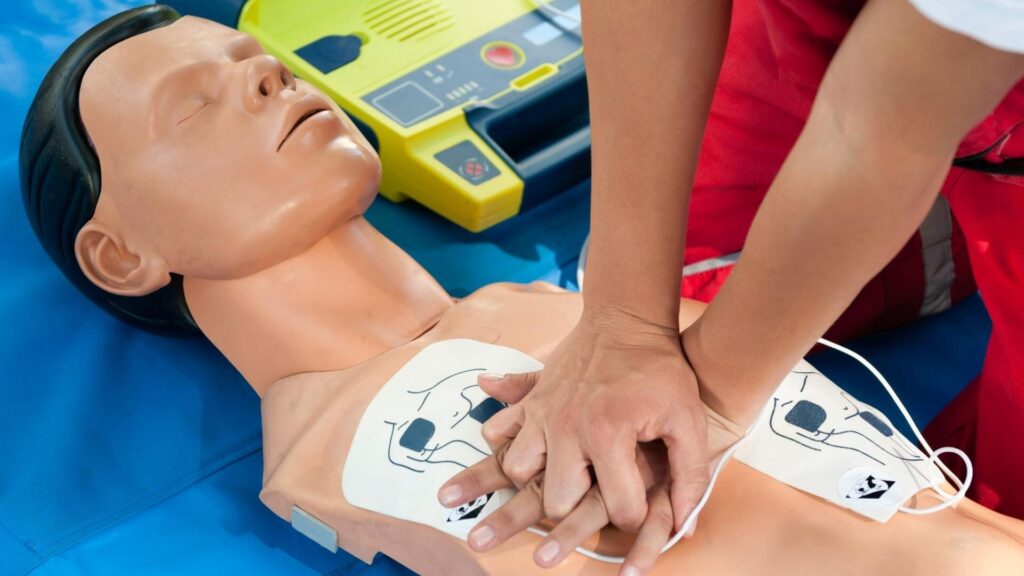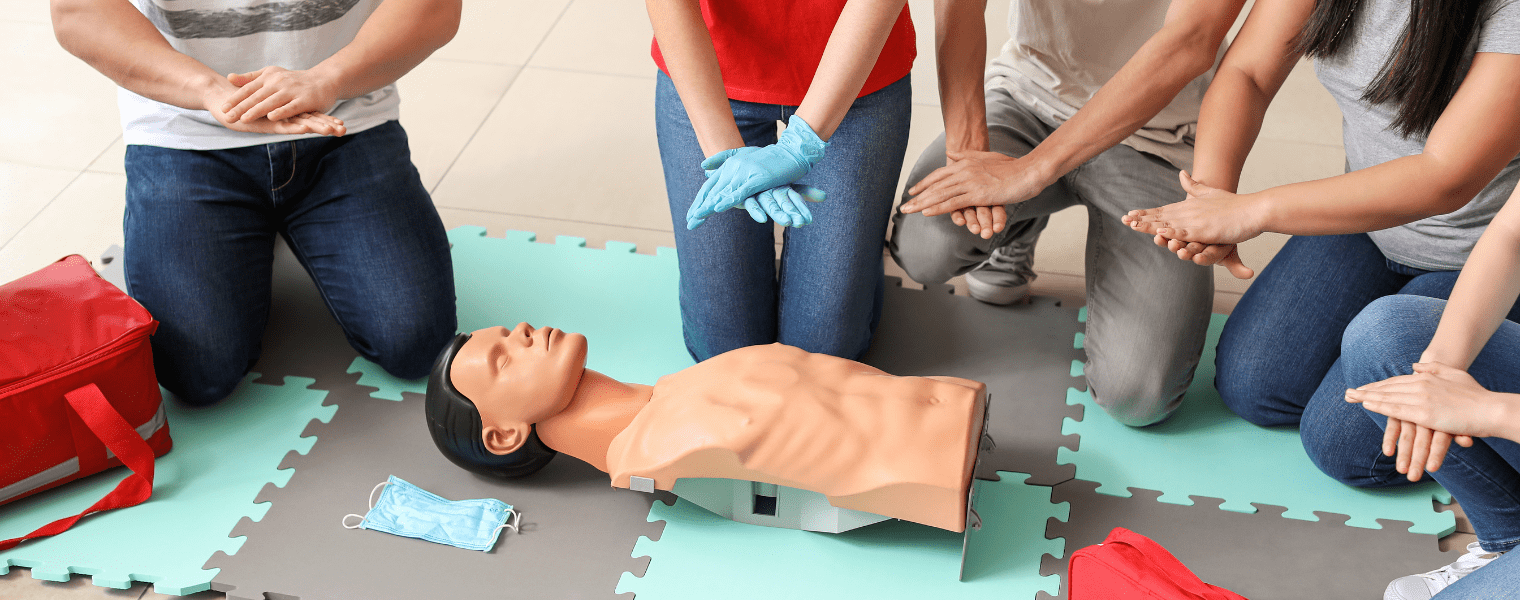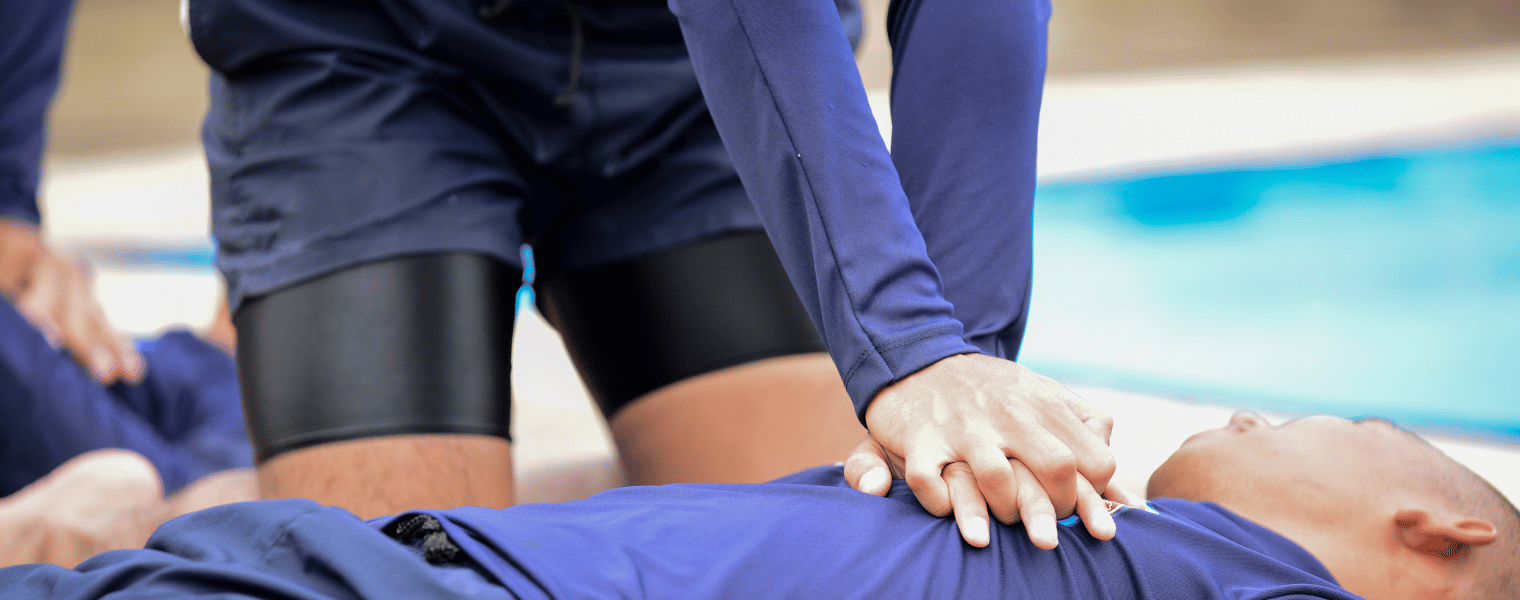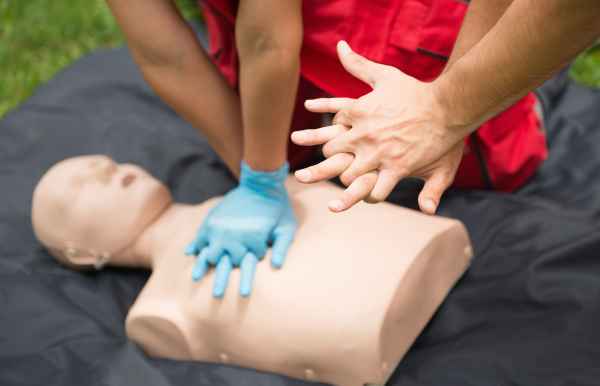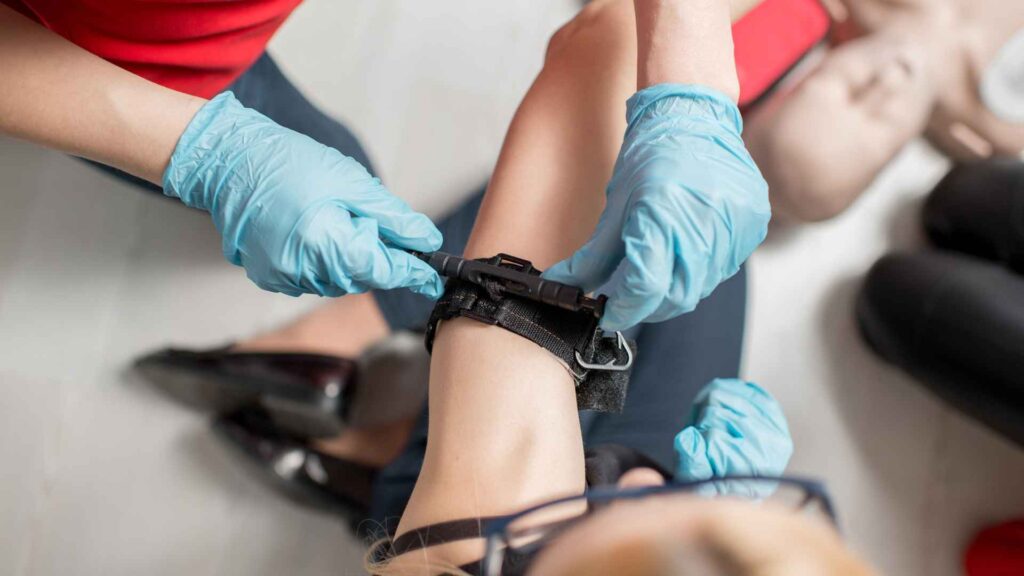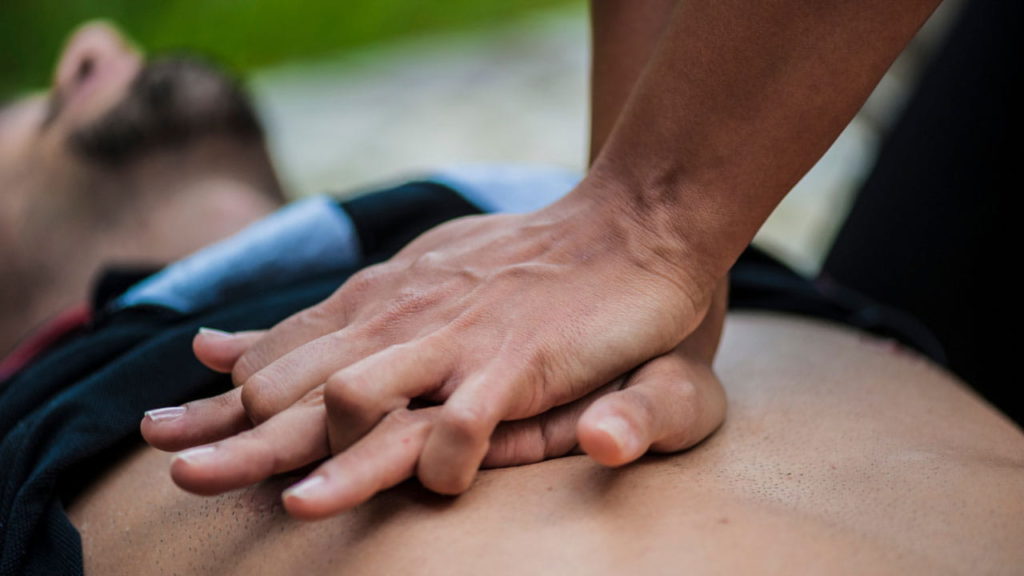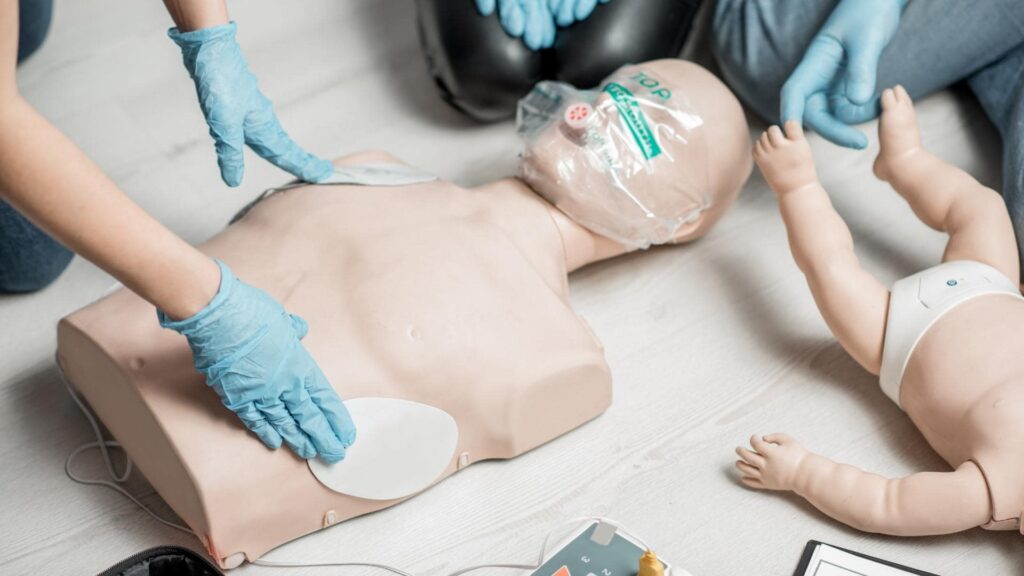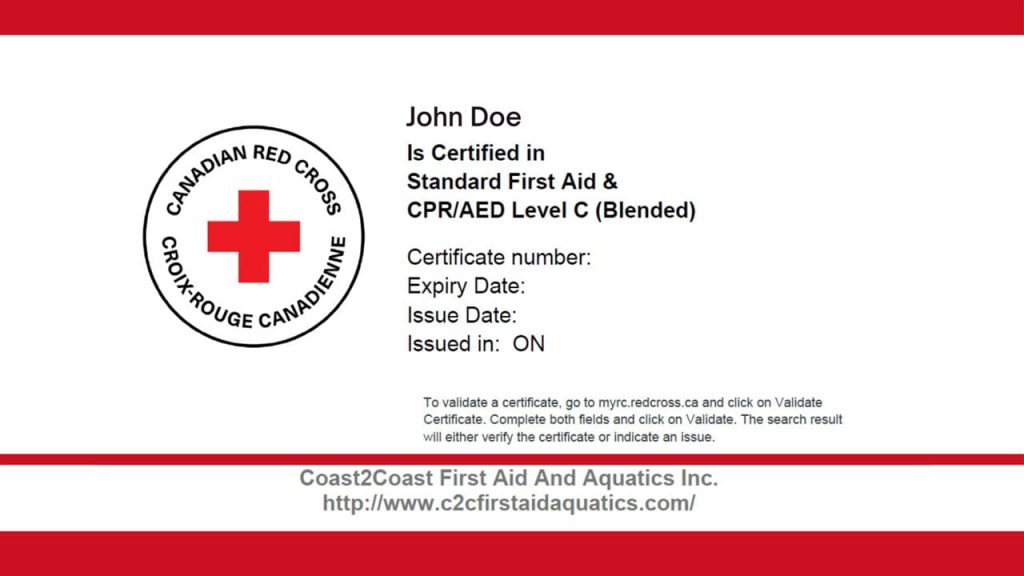If you live in Ontario, there are several compelling reasons why you should take a CPR training course. The first possibility is whether it is a requirement for their employment or education. However, everyone should know how to perform CPR because the understanding and abilities acquired may help save a life in an emergency in the future. The question that follows is, “How much does CPR training cost?”
CPR (cardiopulmonary resuscitation) training is about saving lives. But, despite what many people believe, it’s not just for medical professionals and paramedics. Anyone interested in helping others at home, work, school, or anywhere else can learn CPR.
Why Do You Need CPR Training?
Victims of cardiac arrest have very few chances of surviving before they reach a hospital. CPR/AED training teaches you how to supply oxygen to a person’s vital organs in cardiac arrest. The latest research shows that CPR can triple their chance of survival.
Therefore, CPR/AED training gives you the knowledge and skills to safely help a cardiac arrest victim anywhere. If you are required to take CPR training for your workplace, you should always check which course level (Level A or C) is required for your job before signing up for training.
Expect to learn how to deal with circulation emergencies like heart attacks, strokes, and choking.
Learn What Level CPR/AED Training you need
Refresh your memory and skills to assist someone with your life-saving skills as you complete the course with us. Call our toll-free number to know more.
What You Will Learn in First Aid & CPR Training
You can choose between the two levels of First Aid training that cover a similar range of topics. These levels are Emergency First Aid or Standard First Aid. Whether you decide on Emergency First Aid or Standard First Aid depends on the level of training you want for your work or general knowledge.
The two courses differ in the time required to complete, with Standard First Aid taking longer. Furthermore, Standard First Aid covers more topics than Emergency First Aid such as head and spine injuries and environmental emergencies. Expect an Online Blended Emergency First Aid course with Level C CPR/AED training to take 3-4 hours online and 5.5 hours in class, and Standard First Aid with Level C CPR/AED to take 8 hours online and 8 hours in class.
The following YouTube short goes over the main differences between Online Blended vs Traditional In-Class training and the importance of enrolling in first aid training.
First Aid training includes treating injuries, responding to burns, breathing emergencies, and administering emergency medications until emergency services arrive. You also learn to recognize the signs of illnesses like cardiac arrest, heart attack, and poisoning and the steps required to assist the patient.
During any of our First Aid & CPR training courses, you will learn how to use an Automated External Defibrillator (AED). This portable device helps you analyze the heart’s rhythm and notifies you whether you need to apply an electric shock or perform CPR. In a cardiac arrest emergency, the AED assists you in restoring the patient’s heart rhythm.
Coast2Coast has recently expanded to Alberta to provide the best training in Edmonton and Calgary. Contact our team, or learn how much first aid and CPR training costs in Edmonton.

What are the Prerequisites for Enrolling in CPR Training?
Anyone can enroll in a CPR training course and learn the invaluable skills required to help others during cardiac and breathing emergencies. In addition, studies have shown that children as young as nine can learn CPR as long as they have the body strength to perform the compressions.
Different Levels of CPR/AED Training
There are two CPR/AED training levels in Canada at Coast2Coast – Level A and Level C. Most Canadians prefer to complete Level C because it covers choking techniques and circulatory emergencies in adults, children, and babies.
CPR Level A only covers these techniques for adults and meets workplace health and safety requirements. Both courses include training on how to use the AED in cardiac arrest emergencies.
Basic Life Support (BLS) is the third level of CPR designed for professional responders like nurses, paramedics, doctors, etc.
Deciding on the right level of CPR training will depend on your workplace or school requirements. For example, if you work in a setting with young children, you need Level C CPR certification. Level A CPR certificate may only be required for a workplace where only adults are present.
Whether you decide to do the training for Level A or Level C CPR/AED depends on you and your work or home circumstances. Coast2Coast provides Canadian Red Cross training for all levels, ensuring you are ready to help in any emergency. Expect to pay:
- CPR Level A – 64.99 + HST
- CPR Level C – 69.99 + HST
Take an AED Certification Course
Even though you don’t require training to use an AED, certification is a requirement for workplaces. The AED is easy to use, but a training course gives you the correct insight on using this essential tool in first aid procedures for cardiac arrest victims.

Find a CPR Training Course Near You
In Ontario, it is easy to find a CPR/AED training course near you with Coast2Coast. First, choose the city that suits you best in Greater Toronto, Eastern, or Western Ontario, and then select your nearest training facility and course.
Next, you can choose an online blended or online only course to complete your training. Your choice of which method you prefer will depend on whether you want to complete the course at your own pace from home or like the idea of doing the hands-on training with Coast2Coast’s high-quality equipment. Keep in mind that in order to receive an official WSIB-approved certificate, you will need to attend in-class training. The online blended program allows you to complete half of your training online before attending an in-class session. Online-only certification will not be valid for workplace requirements.
Whichever way you prefer, Canadian Red Cross-certified instructors provide the training. Additionally, the CPR/AED course at Coast2Coast has WSIB approval and is suitable for people of all ages.
